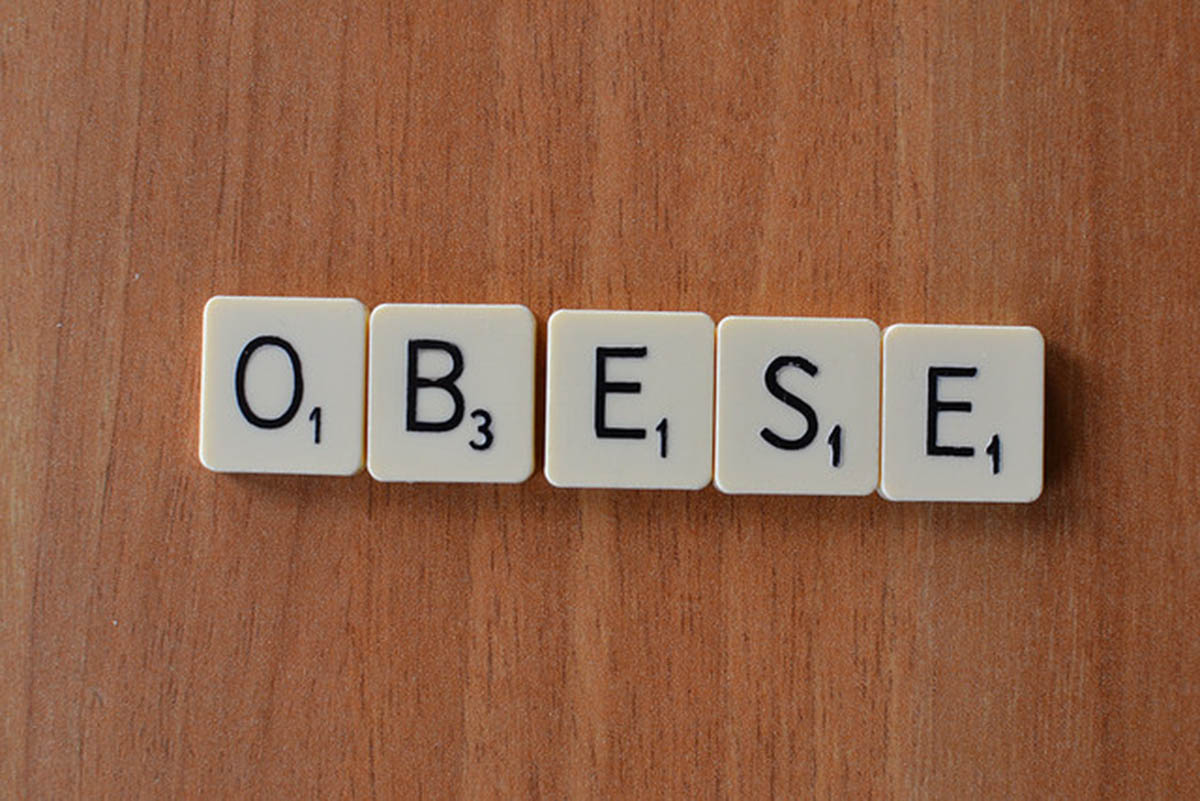Table of Contents
Because the genetic variants do not explain the rapid rise in obesity occurrences globally, other factors need to be taken into account. The gene pool of a family stays stable for a long period of time before new mutations of the DNA occur, which especially needs to be considered. This slow occurrence of mutations has led the experts to consider environmental factors associated with obesity, rather than purely genetic reasons for which people keep gaining weight.
In today’s society, we have developed unhealthy habits with what we are eating, how much we are eating, and whether or not we exercise. More and more employment opportunities are desk-bound careers, and it is all too easy to sit at a desk all day then go home and sit on the couch all night.

Also associated with the busy and hectic lifestyles the majority of the population experience are the readily available convenience foods and fast foods that we can access 24 hours a day. Once upon a time you couldn’t buy food at a gas station, or from a machine — but now you can, and it’s everywhere. It has become too easy to grab something to eat on the way home from work, than to go home and prepare something healthy.
Processed foods are the worst, because there really is nothing good about them. They are full of additives, and sugars, and even salt, which the body just cannot process and burn off. This is why diabetics are given strict eating instructions: obesity is a major risk factor for diabetes. Meal sizes are also getting bigger, whether you are eating at home or eating at a restaurant. The economy seems to play a large part in this, as people are always looking for the best value for money when it comes to food, so often they choose the place that gives them more food than others, and then feel obligated to eat it all.
Studies have shown that even those with the already identified gene mutations do not necessarily become overweight. What it does come down to is your lifestyle. Food intake, exercise, and alcohol are all factors that can lead to obesity. Everyone should make an effort to eat a better diet, get a little exercise each day, and ditch those bad habits. You don’t have to run a marathon or spend three hours in the gym each day – just fifteen minutes of gentle exercise a day is enough. A simple walk around the block, or a few laps of a swimming pool is great.
READ Scientists Find Master Gene for Obesity
Your genetic make-up does not determine the outcome when it comes to obesity. Scientific research so far backs this up, by showing that you can counter-act this genetic predisposition by altering your lifestyle and habits. It is important to remember that the genetic effect is very minor, and therefore is not a complete excuse. Instead, you are in control of your future, your health and your weight.
- Photo courtesy of mahalie: https://www.flickr.com/photos/mahalie/571238203
- Photo courtesy of jeffdjevdet: www.flickr.com/photos/jeffdjevdet/16927303987/


Your thoughts on this